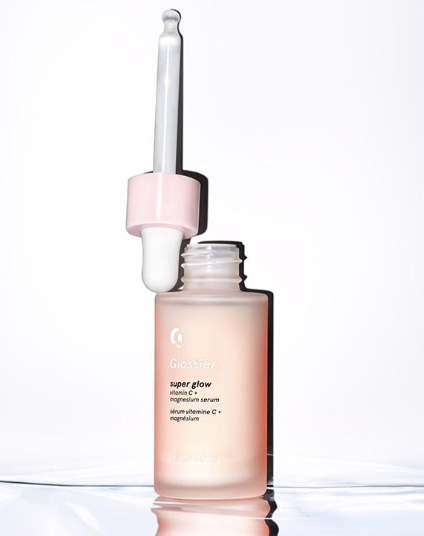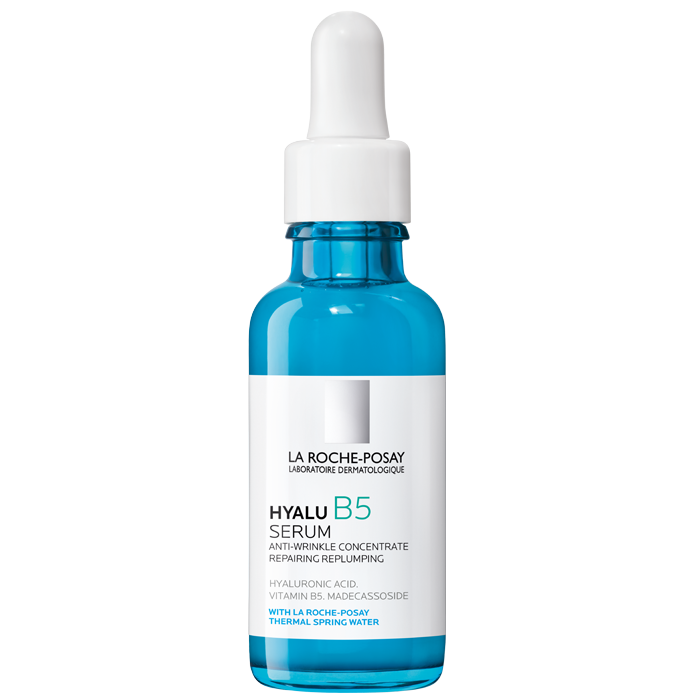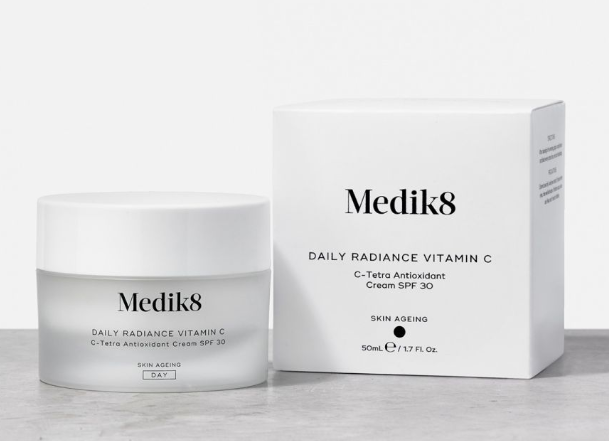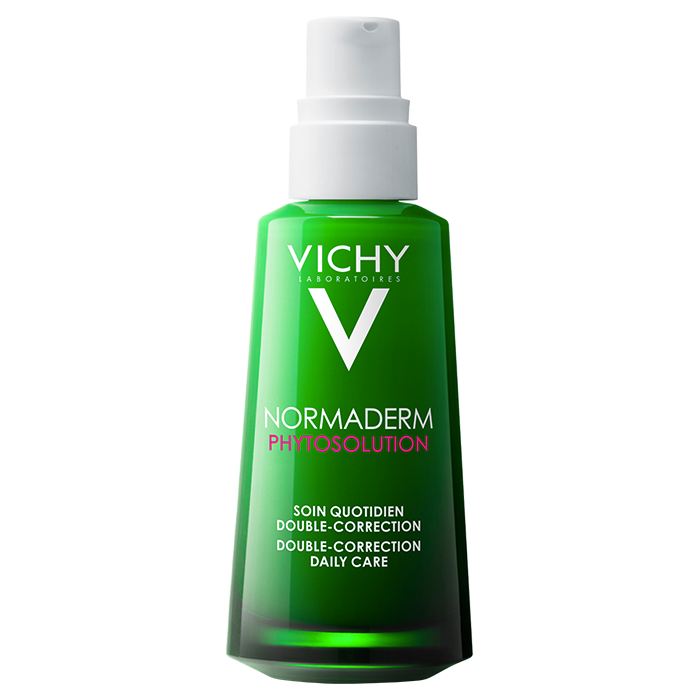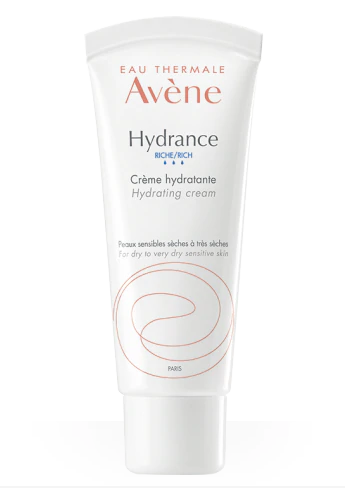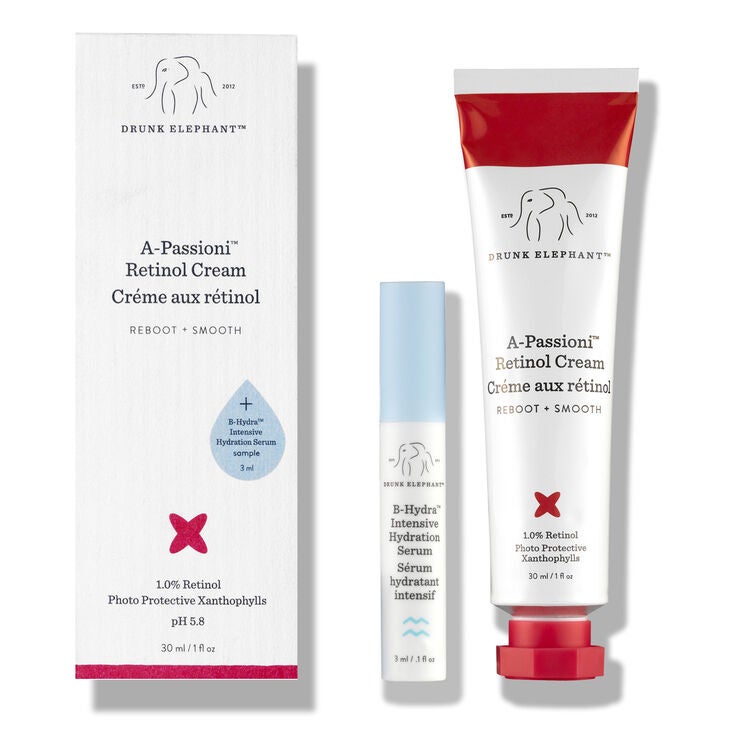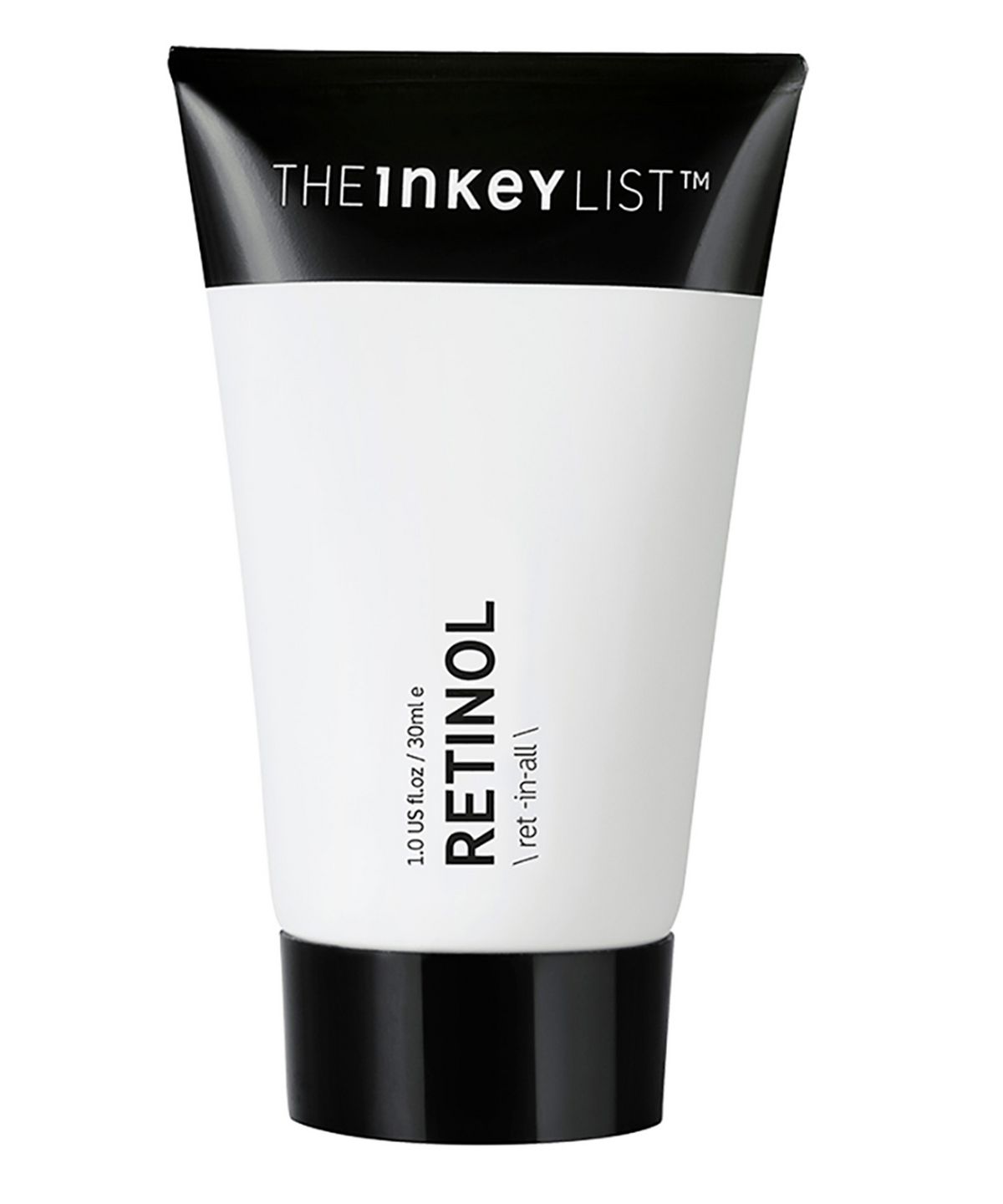Dear Daniela: Do I Really Need A Separate Day & Night Cream?
Illustrated by Olivia Santner
Dear Daniela,
All those memes that go "If you remember when Ross said the wrong name at his wedding, it’s time for a night cream" got me thinking – do I actually need a separate night cream? I usually use the same one morning and night, but are they interchangeable? Does my skin have different needs before bed versus in the morning?
Asma, 30
Asma, 30
I love a good meme origin story when it comes to skincare – this one in particular had me in stitches. But like many things on the internet, not all of them hold the complete truth. Some skincare brands are fairly dogmatic, setting out designated AM and PM products alongside a strict regime to follow, and in years gone by, plenty of consumers accepted them wholesale. You know the sort I mean: probably a tube of something light in the morning and then a jar of something whipped in the evening. But now we’re all so skincare savvy and have cupboards groaning with single-ingredient serums, the demarcation between day and night isn’t so sharp.
AdvertisementADVERTISEMENT
"Some people are quite literal with their skincare and it can be helpful for them to have specific day and night creams, but that’s really not how I classify skincare, or even how I talk about it with patients," advised cosmetic doctor Ewoma Ukeleghe of SKNDOCTOR. "The separation between what you use in the morning and in the evening should be in the ingredients and then from there, texture is just a preference." The question you should be asking when trying to find the best skincare for your day and night routines is "What are my skin concerns?" – your skin doesn’t know what time it is, after all.
For example, during the day your skin probably wants antioxidant protection and hydration. "When I’m building a routine for a client, I almost always advise hyaluronic acid and vitamin C in the morning," added Dr Ukeleghe. With most day creams on the market, you’re usually looking at something with a light texture that could also be a good base for makeup, and maybe some added SPF.
While sun protection is important, I’d always advise using a separate SPF to ensure full protection. The other benefits of a regular day cream might actually be more noticeable if you single out the specific ingredients. With Dr Ukeleghe’s recommendation, that might be La Roche-Posay B5 Serum for the hyaluronic acid, and then Glossier Super Glow for the vitamin C.
AdvertisementADVERTISEMENT
If you like the ease of a single product, Dr Ukeleghe name-checked Medik8 Daily Radiance Vitamin C Cream for an antioxidant boost, and Vichy Normaderm Phytosolution Double Correction Daily Care Moisturiser for oily, acne-prone skin. "Niacinamide is also a good daytime ingredient," noted Dr Ukeleghe. "It’s mattifying and is unlikely to cause sensitivity or irritation."
Nighttime, on the other hand, is your opportunity to use active ingredients and anything your skin loves but makeup doesn’t, i.e. the weird-textured stuff. "I really love retinol and recommend it to so many patients," said Dr Ukeleghe. "It’s just so transferable. A 19-year-old can use it for acne control, or a 40-year-old to promote collagen renewal. Also, a lot of stronger products I prescribe are kind of odd textures that would be problematic during the day, so those are best saved for nighttime use, too." If you have super dry skin but find richer creams too much under makeup, using a thicker cream before bed might work for you.
Conversely, if your skin is really oily, you might prefer to stick to something skimpy in texture both AM and PM. The other bit of mythology around night creams comes from a belief that skin is in an extra intense "repair mode" while we sleep, and therefore needs or benefits from certain ingredients. "I’m not aware of any studies that really confirm this," said Dr Ukeleghe. Your skin is always in renewal mode, and while your body does do a lot of healing work while you sleep, that’s more of an argument to get some sleep, not use a specific serum.
AdvertisementADVERTISEMENT
Illustrated by Olivia Santner
So basically? You do you. If you’ve found a great daytime hydrator that your skin loves, why not use it morning and night? Providing you’re getting the right ingredients for your skin concerns, the rest just comes down to preference.
Good luck!
Daniela
Good luck!
Daniela
Got a question for our resident beauty columnist Daniela Morosini? No problem, qualm or dilemma is too big, small or niche. Email deardaniela@refinery29.uk, including your name and age for a chance to have your question answered. All letters to 'Dear Daniela' become the property of Refinery29 and will be edited for length, clarity, and grammatical correctness.
AdvertisementADVERTISEMENT







